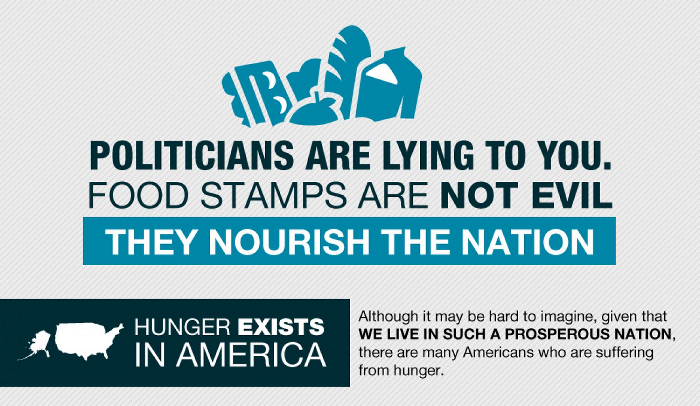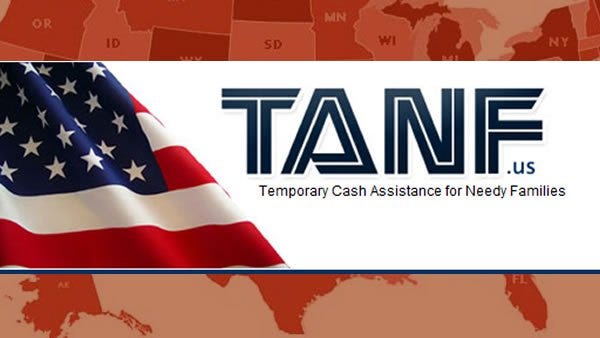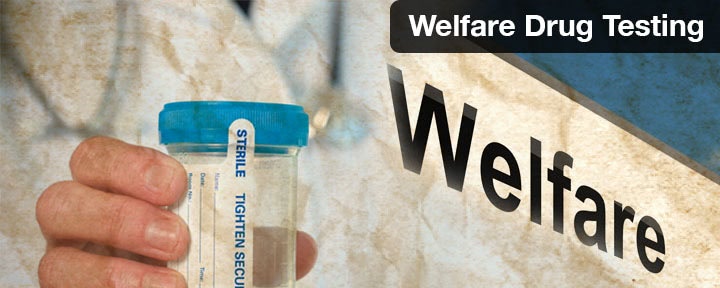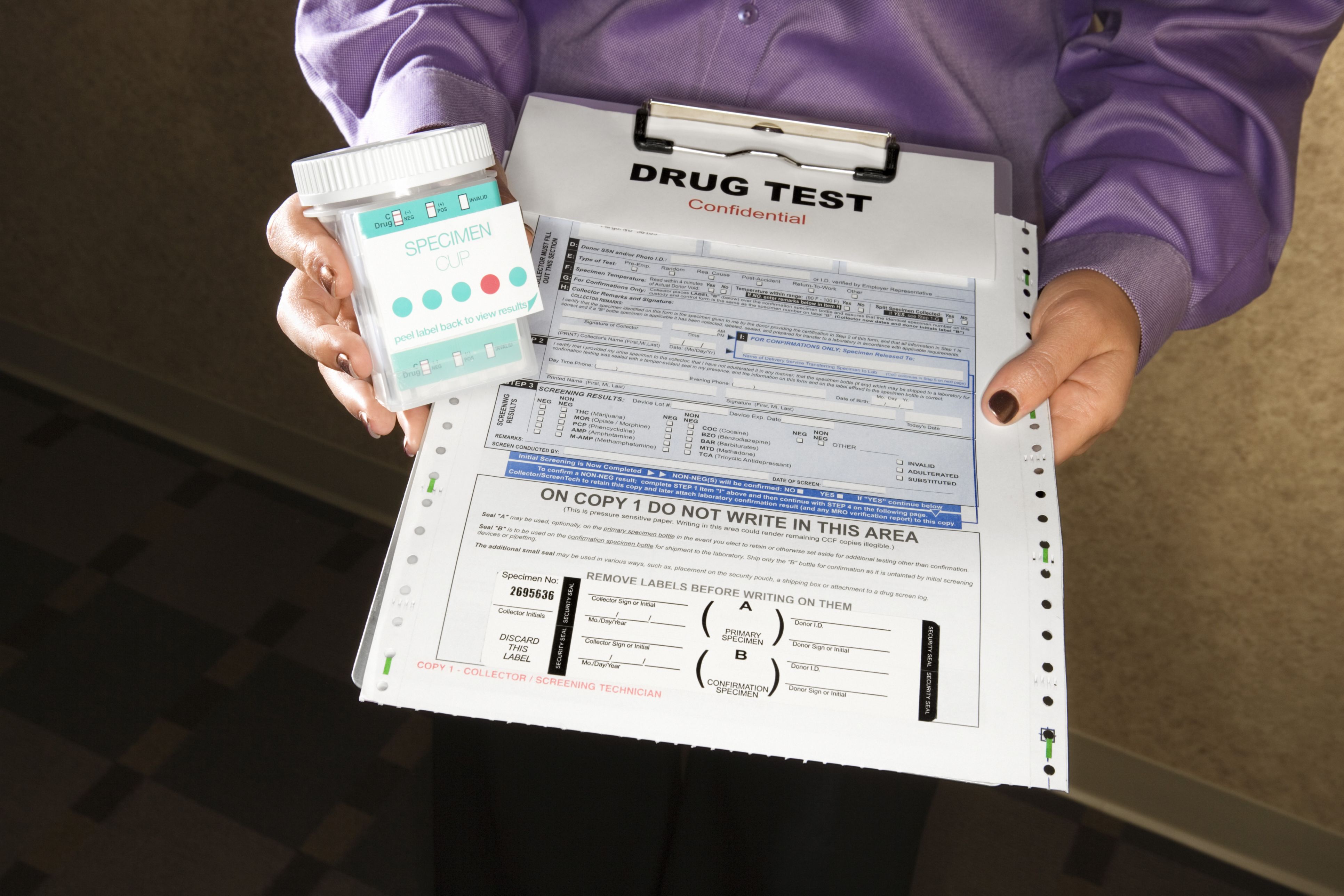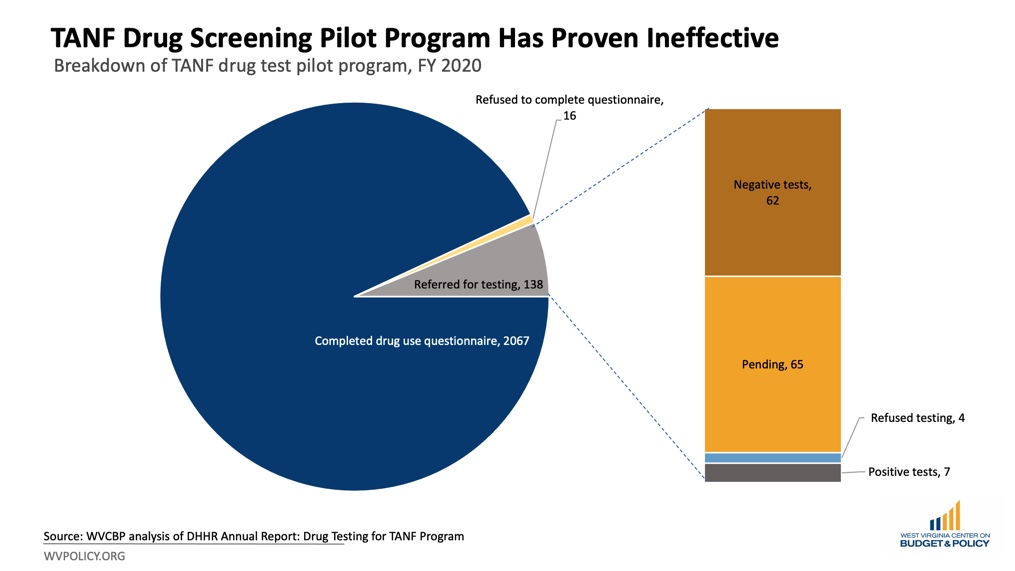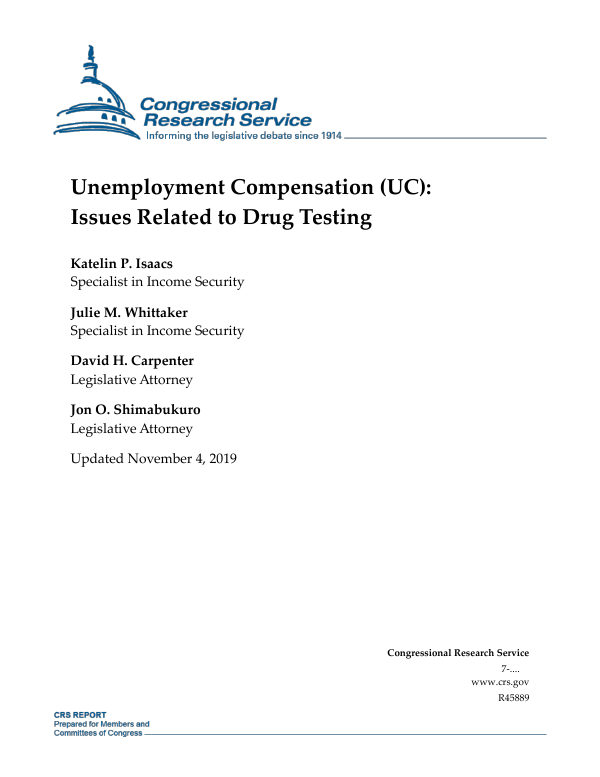Drug testing welfare recipients has been a controversial topic for several years. Proponents argue that it is a necessary measure to ensure that welfare benefits are being used for their intended purpose, while opponents argue that it is stigmatizing and punitive. However, there are several benefits to drug testing welfare recipients that should be considered.
One benefit of drug testing welfare recipients is that it can help to ensure that welfare benefits are being used for their intended purpose. Welfare benefits, such as food stamps and cash assistance, are designed to help low-income individuals and families meet their basic needs and achieve financial stability. When recipients use these benefits to purchase illegal drugs, it not only undermines the purpose of the program, but it also takes resources away from those who truly need them. Drug testing can help to ensure that welfare benefits are being used to meet the needs of recipients, rather than being misused or diverted to illegal activities.
Another benefit of drug testing welfare recipients is that it can help to improve the overall effectiveness of welfare programs. When recipients are using drugs, it can be difficult for them to hold down a job, manage their finances, and make progress toward self-sufficiency. This can result in a cycle of dependency on welfare benefits that is difficult to break. By identifying and addressing drug use among welfare recipients, it may be possible to improve their ability to achieve financial stability and independence, which can ultimately lead to a reduction in reliance on welfare programs.
Additionally, drug testing welfare recipients can serve as a deterrent to drug use among those who may be considering using drugs. For individuals who are struggling to make ends meet, the prospect of losing access to vital welfare benefits may be enough to discourage them from engaging in drug use. This can help to reduce the overall negative impacts of drug use on society, such as crime and health problems.
There are also some potential cost savings associated with drug testing welfare recipients. While the cost of drug testing may be a concern for some, it is important to consider the long-term costs of drug use among welfare recipients. Drug use can lead to significant healthcare costs, as well as costs related to crime and lost productivity. By identifying and addressing drug use among welfare recipients, it may be possible to reduce these costs over the long term, which could offset the costs of drug testing.
While there are certainly valid concerns about drug testing welfare recipients, it is important to consider the potential benefits as well. By ensuring that welfare benefits are being used for their intended purpose, improving the effectiveness of welfare programs, and serving as a deterrent to drug use, drug testing can help to promote financial stability and self-sufficiency among welfare recipients, while also reducing the negative impacts of drug use on society.
